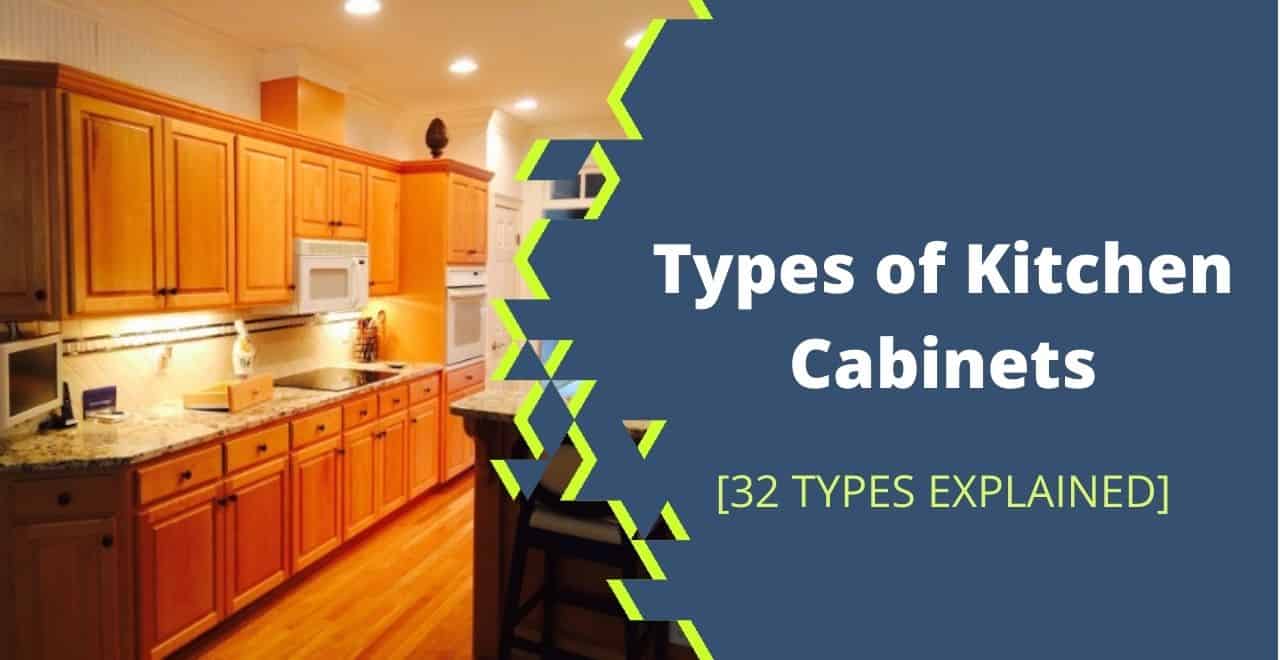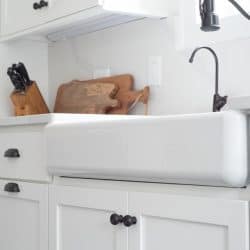You’re considering upgrading your kitchen, and after much contemplation, you’ve decided to purchase a quartz countertop. However, you’re still hesitant to buy it since you worry about a coffee maker damaging and staining the quartz countertops surface?
Here is a detailed guide on how can a coffee maker damage a quartz countertop and what you can do to prevent it.
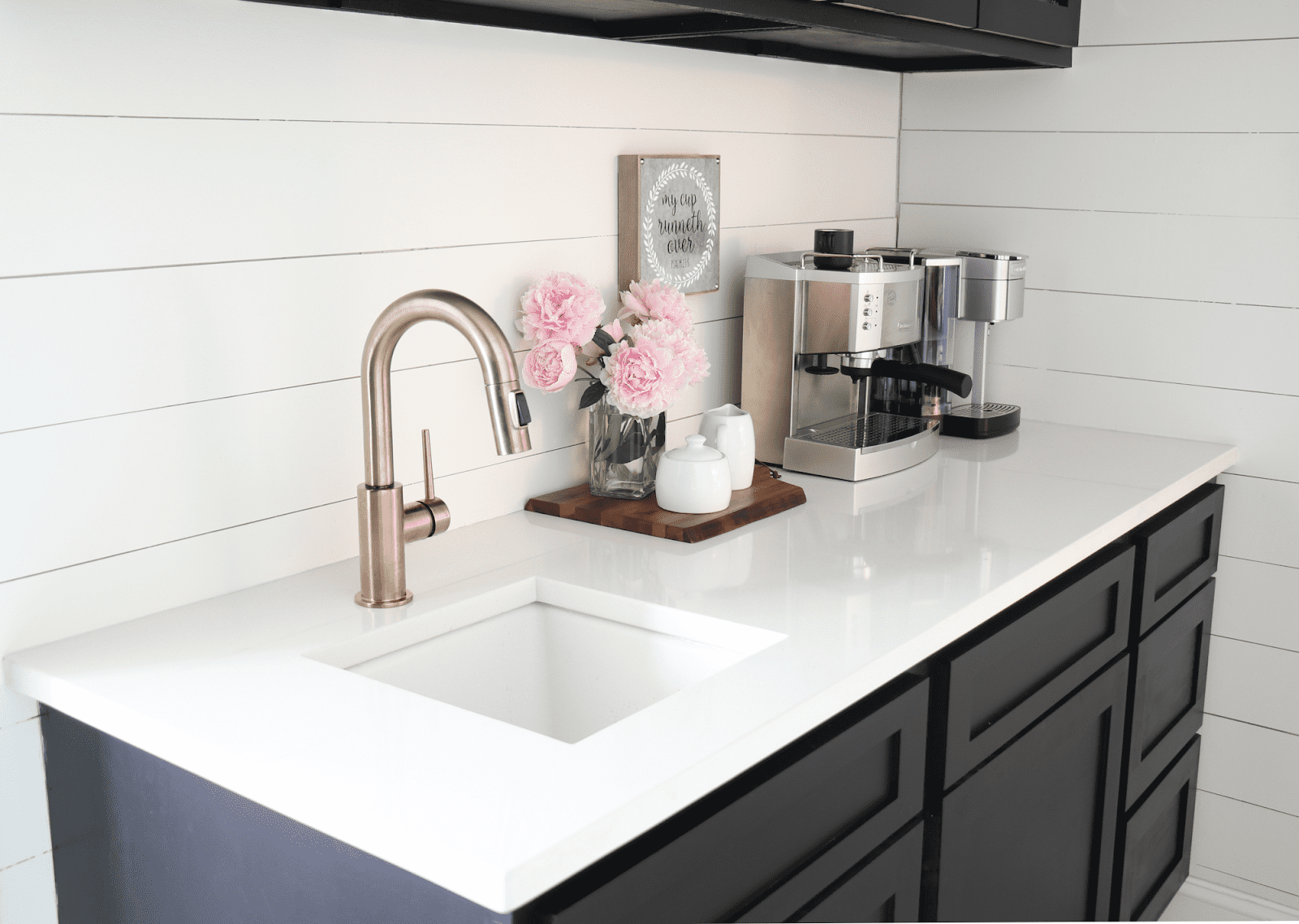
What is a quartz countertop?
Natural quartz, as well as other minerals, make up a significant portion of quartz. Engineered quartz countertops are made by mixing powdered stone with synthetic polymers. It contains roughly 90% ground natural quartz and polymer resin and is thus referred to as an engineered stone.
A coffee maker on a quartz countertop can damage the countertop hardly in two different ways :
- Can Stain the countertop, OR
- Burn the Countertop
So will discuss these two aspects in the article. Let’s move in:
Can a coffee maker stain a quartz countertop?
Quartz is robust and highly durable countertop material. Quartz can withstand years of use in a busy kitchen due to its high durability and strong surface materials. Additionally, quartz is non-absorbent, which means it is a non-porous substance that is stain resistant and easy to maintain.
However, it would be best if you remembered that quartz countertop surfaces are stain-resistant and not stain-proof. Therefore, if you do not immediately wipe off the dark and deep-colored stains of coffee, they may settle and become permanent. I wiped it out immediately; it would not cause stain or discoloring on the countertop.
Moreover, coffee spills can stain white quartz surfaces leaving permanent damage and discoloring.
To remove the stubborn stains, you can clean the surface with baking soda. This would not remove the permanent stains. But surely it would help clean the mild effects from the spill and stain.
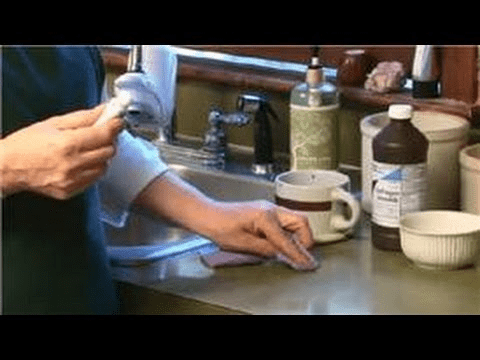
Can a coffee maker cause damage or burn to a quartz countertop?
Quartz is heat and scratch resistant, but polymer resins and fillers aren’t. The resins in quartz countertops can melt when exposed to high heat through hot utensils or warm plates. Resulting in permanent discoloration and damage. Although quartz is believed to be heat resistant up to 300 degrees Fahrenheit, the resins that hold it together may get damaged and eventually heat quartz countertops.
As a result, quartz countertops are suitable only for indoor and not outdoor use. The polymers that hold the countertops together can discolor or fade in bright sunlight.
Hot temperatures may cause the countertop to crack or burn. Machines like coffee makers that generate heat can create quartz discoloration in the kitchen if you leave them on top of the counter for an extended period of time. Therefore, experts advise the use of Silicon trivets to place hot objects.
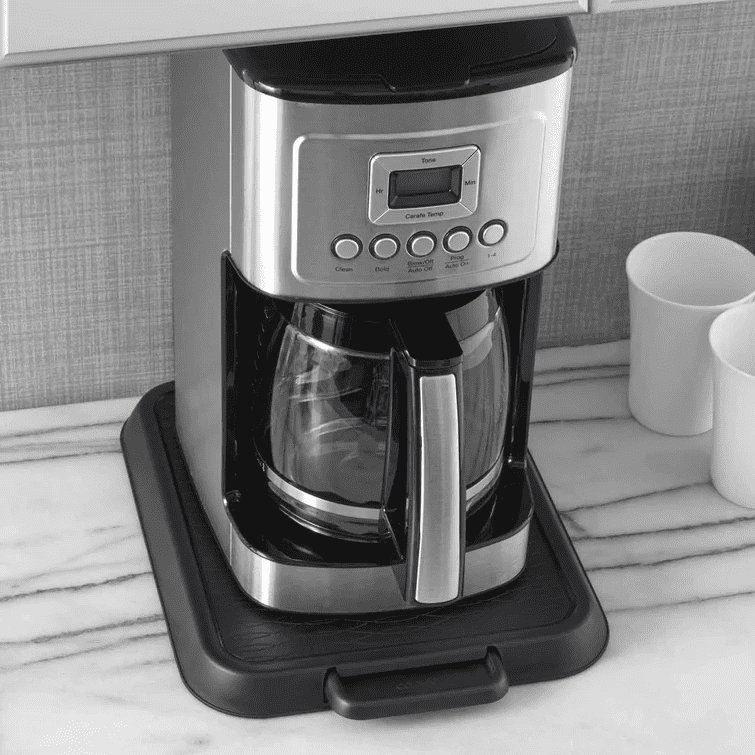
As long as hot objects such as coffee-makers or even toaster ovens do not exceed 300 degrees Fahrenheit, quartz countertops should be safe. Furthermore, the thermal shock caused by abruptly placing anything hot on the surface might induce breaking.
Additionally, if your hot cup of coffee on the counter surpasses the threshold, maximum temperature. If it is a steaming mug, it may damage the quartz surface in the long run. This occurs mainly because the resin burns due to the hot cup of coffee’s high temperature.
Conclusion
In comparison to natural stones such as granite countertops and marble countertops, Quartz is the most durable countertop material. If you merely want to enjoy a cup of coffee without worrying about damaging the surface, Quartz countertops are, without a doubt, your finest option.
To prevent your countertop from burning. Place your hot cups, hot pan, crock pots, electric frying pans, or hot pots on little trivets before placing them on the counter. Remember that you must use metal or silicone trivets for any hot object you put on the surface, not only hot cups of coffee. For cutting purposes, make sure to use a cutting board.
Also, clean and maintain the surface regularly with warm soapy water to prevent it from becoming soiled and discolored.
![Granite Vs. Marble Vs. Quartz Countertops [12 Differences+Pros & Cons] Granite Vs. Marble Vs. Quartz Countertops [12 Differences+Pros & Cons]](https://houseadorable.com/wp-content/uploads/2022/03/quartz-marble.jpg)
![Granite vs. Quartz Countertops [Pros & Cons+6 Key Differences] Granite vs. Quartz Countertops [Pros & Cons+6 Key Differences]](https://houseadorable.com/wp-content/uploads/2022/01/Copy-of-HouseAdorable.com-1.jpg)
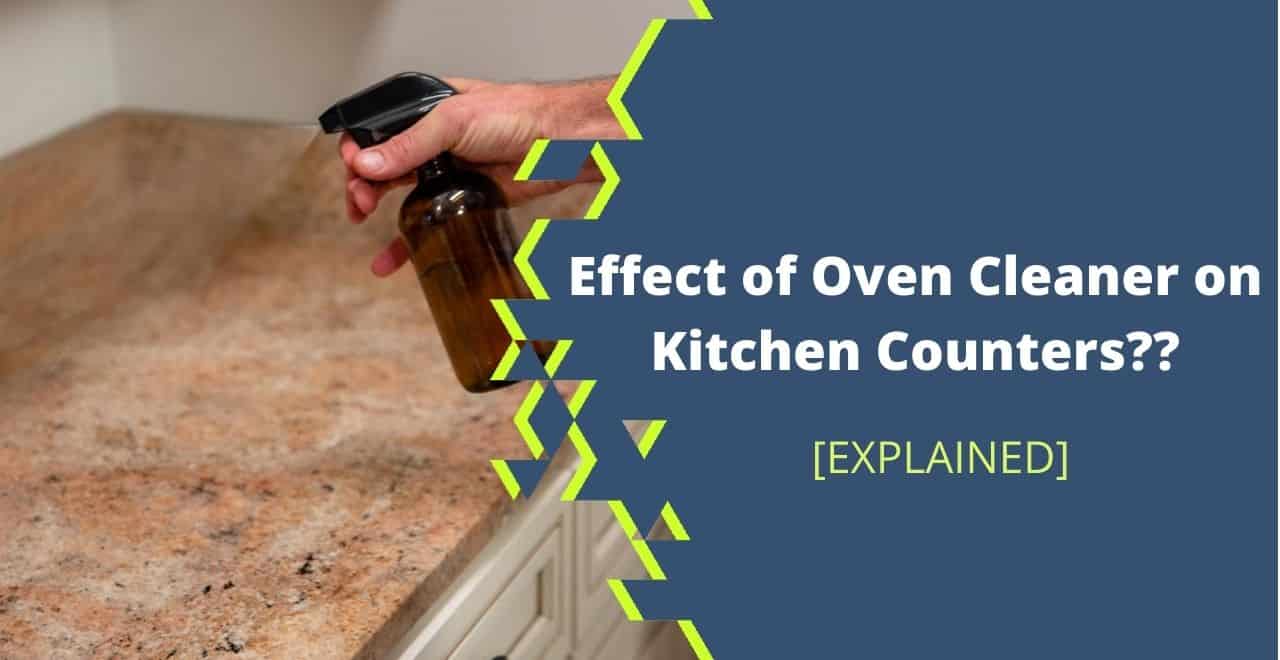
![Granite vs. Laminate Countertop [Pros and Cons+10 Key Differences] Granite vs. Laminate Countertop [Pros and Cons+10 Key Differences]](https://houseadorable.com/wp-content/uploads/2022/03/Granite-vs.-Laminate.jpg)
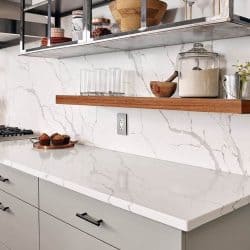
![How Much Does It Cost to Build a Kitchen Island? [Custom Made+DIY] How Much Does It Cost to Build a Kitchen Island? [Custom Made+DIY]](https://houseadorable.com/wp-content/uploads/2022/03/cost-of-kitchen-island.jpg)
